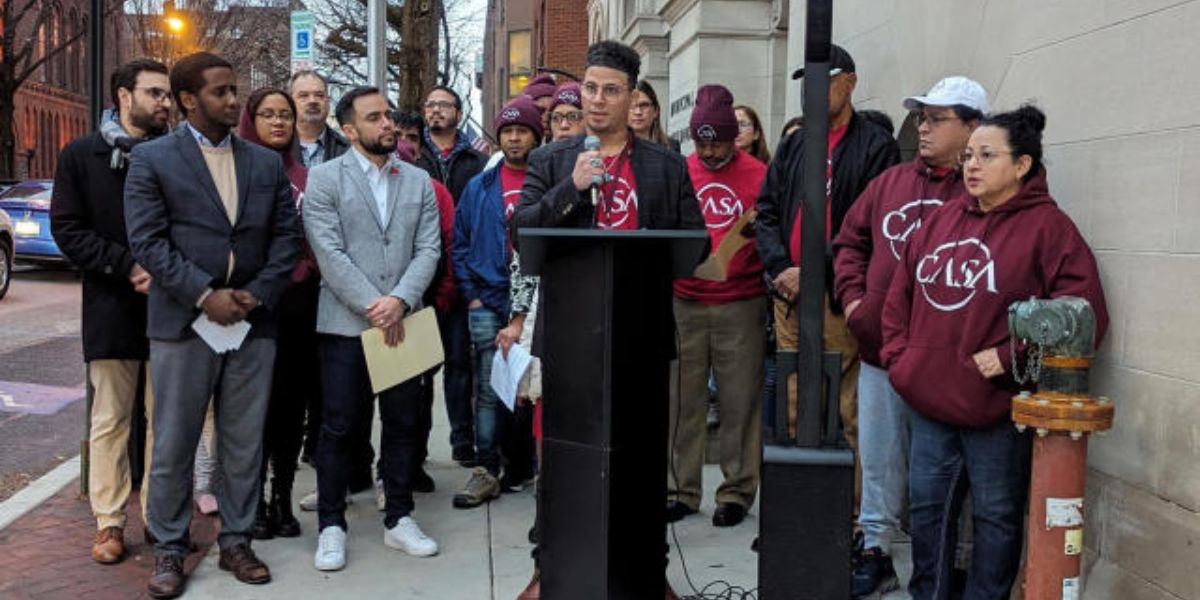Pennsylvania’s Immigration Policy: Balancing Enforcement With Humanitarian Concerns
The Pennsylvania Senate is pushing legislation that, if passed by the whole Legislature, may lead to the deportation of more illegal immigrants.
SB 1127 would require Pennsylvania district attorneys to notify US Immigration and Customs Enforcement, or ICE, of any unauthorized aliens detained in Pennsylvania.
As it stands, the law would force municipalities to notify ICE about unauthorized immigrants charged with minor offenses like loitering or disorderly conduct, as well as those accused but not convicted. On Monday, the bill passed the Senate Judiciary Committee on a party-line vote and got two votes in the entire Senate. The third vote is scheduled for Wednesday.
Sen. Wayne Langerholc (R-Clearfield), the bill’s co-sponsor, stated, “This isn’t just a Pennsylvania issue; it’s a nationwide issue.” A representative for the state Senate Democrats declined to comment.
Langerholc and lead sponsor Sen. Dan Laughlin (R-Erie) wrote a memo in March about the need for such a bill, citing the murder of Laken Riley, a Georgia college student whose name was shouted by a Republican representative during President Joe Biden’s 2024 State of the Union address. Riley’s accused killer is an illegal immigrant.
According to multiple studies, unauthorized immigrants are less likely to commit crimes than persons born in America.
The message also came shortly after Lancaster’s City Council established a “Welcoming City” policy, which was designed to ensure that the city’s undocumented residents could engage with local police without fear of being reported to immigration enforcement agents.
In response to criticisms from Republican state senators and others, Lancaster City Councilor Janet Diaz wrote in a March column for Lancaster Online that the ordinance reflected a “commitment to protect those facing violence, sexual assault, or workplace injuries” who might otherwise be afraid to involve law enforcement.
“The nuanced debate surrounding immigration policy considers various factors, including humanitarian concerns and the challenges faced by those who did not enter the country legally,” she said in a statement.











